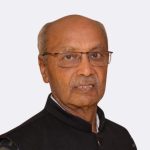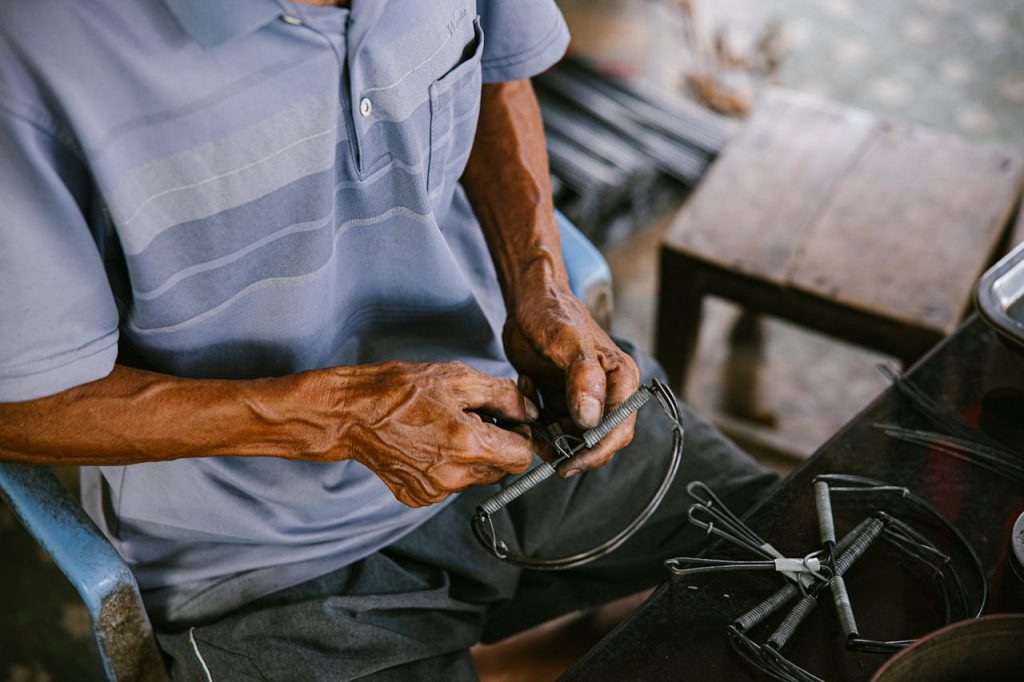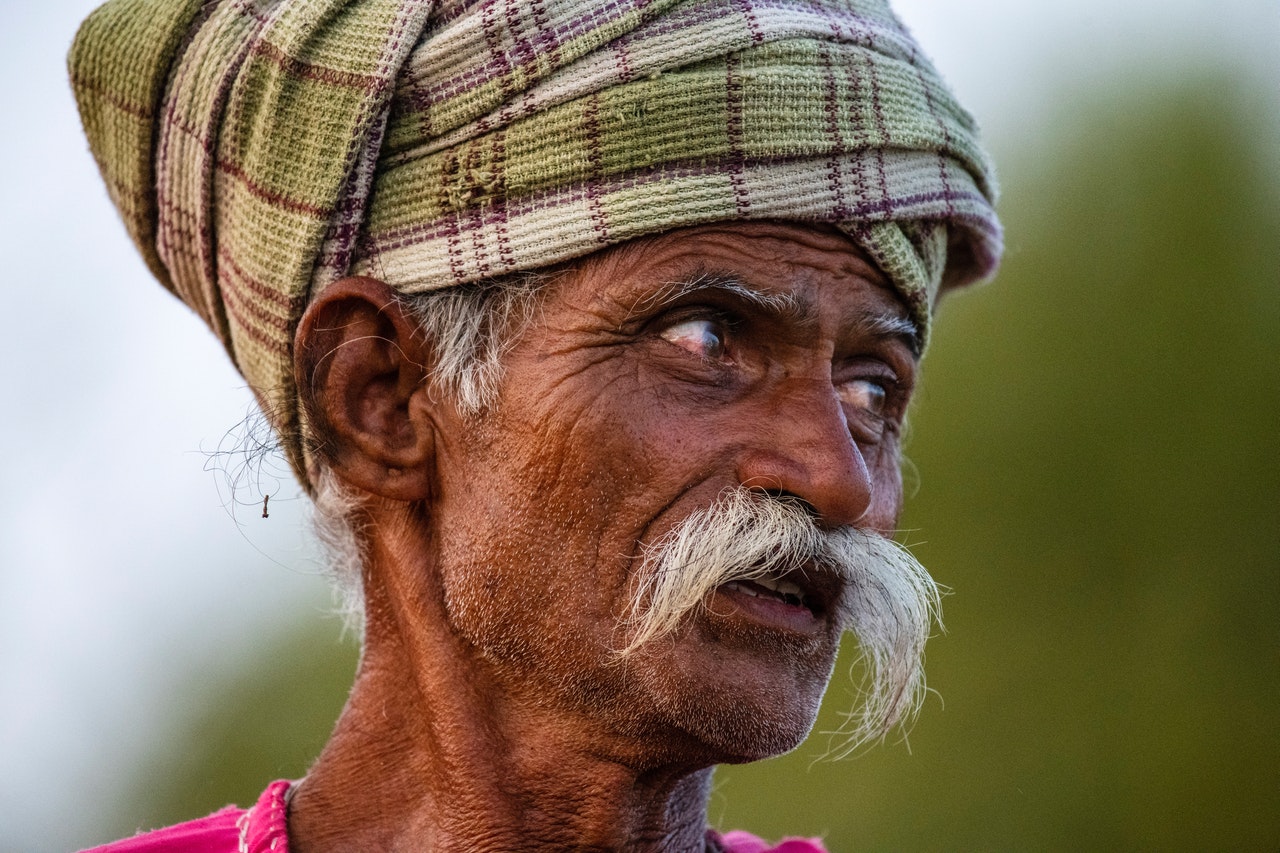A niece of mine often advises me not to drive. She says, “You’re 78 now, you should hire a driver or use Uber.” A granddaughter who lives far away is surprised to learn that I still drive myself around. Recently, I saw a post on Facebook where a 92-year-old man proudly shared that he still drives confidently. I smiled. Because I agree with him.
Yes, driving in our city can be stressful, but if you stay calm and don’t rush, it’s manageable. More importantly, I believe driving is one of the best mental exercises one can do. It keeps the brain alert, sharpens reflexes, and gives a sense of independence that’s hard to replicate.
Unfortunately, in many families, elders are reminded too often of what they can’t do anymore. “Don’t lift that,” “Don’t walk too far,” “Don’t try doing this, you may fall.” The intentions are good, no doubt—everyone wants their parents and grandparents to be safe. But this over-cautious love can sometimes do more harm than good.
When elders stop doing everyday tasks, their confidence begins to slip. Their muscles weaken. Their minds become less alert. Activity—physical, mental, emotional—is what keeps life going at any age.
At home, instead of taking over everything, the younger generation should encourage elders to participate. Not in strenuous work, but simple, engaging activities. Folding clothes, watering plants, planning meals, taking phone calls, going for a walk—these aren’t just chores. They’re ways to stay connected, to feel useful, to feel alive.
I’ve seen parents drop their grandchildren to school or take them to the park. Sometimes they run quick errands like going to the local market or pharmacy. Instead of stopping them, we should celebrate this involvement. These little outings allow them to interact with others, observe life around them, and keep their bodies moving and minds fresh.
We must not forget—elders were once the backbone of the household. They’ve run the show, raised families, taken decisions, and solved crises. Just because they’ve aged doesn’t mean they’ve become incapable. On the contrary, their experience is a treasure trove.
A small example: When you go out to eat, and you have your parents with you, observe what usually happens. We tend to order for them. “Papa, what will you have?” and then we quickly suggest something. Instead, what if we gave them the menu and said, “You order for all of us today.” Watch how their eyes light up. That small act of inclusion makes them feel empowered and respected. When they feel proactive and confident, praise them and encourage them to do more.
Active aging isn’t about pretending you’re young. It’s about accepting your age, but refusing to let it define your potential. We all slow down physically—that’s natural. But slowing down doesn’t mean stopping. Elders need to feel that they still matter, that they still contribute, and that their presence is valuable.
Elderly persons should be encouraged to maintain their physical, mental and emotional health and to make active contributions to society. It is important to encourage them to exercise regularly, eat a healthy diet, participate in social activities, maintain their personal appearance, and maintain their dignity. For this, it is important to create a supportive and respectful environment where their needs are understood and they have the opportunity to live the life they wish.
Let’s not remind them that they’re old. Let’s remind them that they’re loved, needed, and very much capable.
सफेद बाल है
अनुभव की पहचान,
झुर्रीयों में छिपा है
जीवन का गान,
वरिष्ठ नागरिक
हमारे गौरव और सम्मान।
Author

The author is the founder of the Never Say Retire mission. In order to achieve this goal, he also runs this website and his Facebook group Never Say Retire Forum has Hundreds and Thousands of members today.




